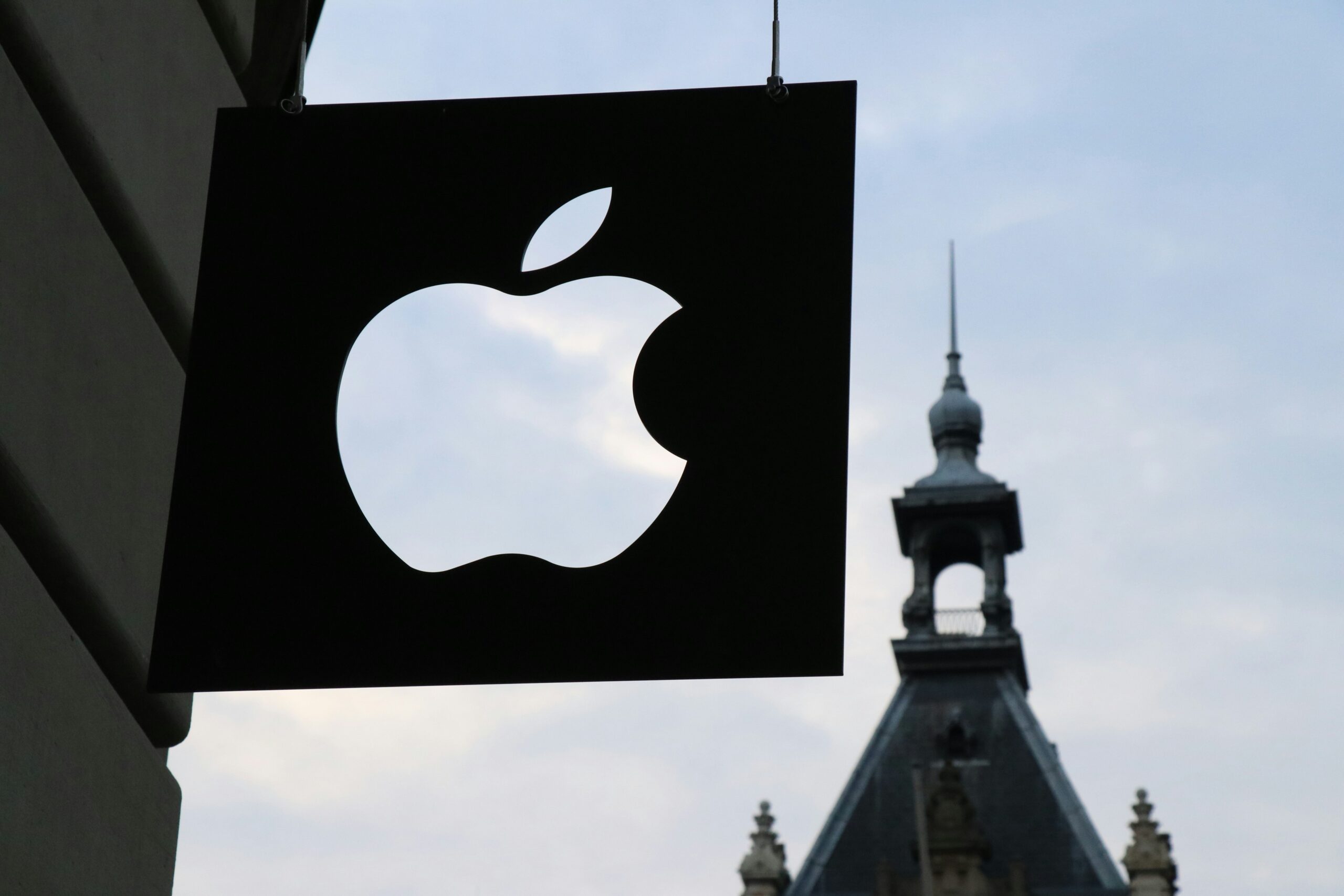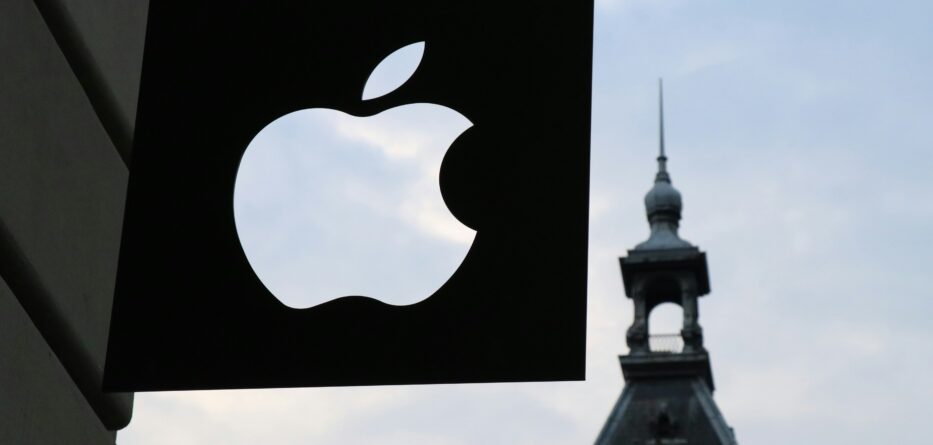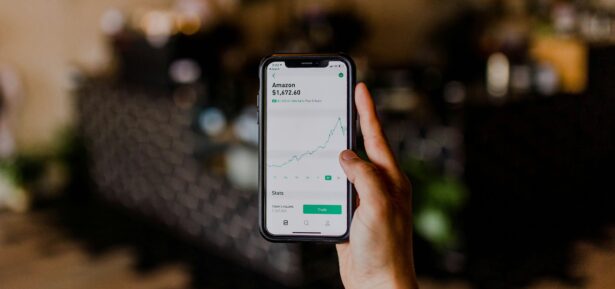

Credit: Unsplash
Apple Inc. has reached an agreement with EU antitrust regulators to open up its mobile payments technology to competitors, concluding a four-year investigation into its practices. The European Commission has accepted Apple’s commitments, which address concerns over potential anti-competitive behavior related to Apple Pay and its integration into apps and websites.
Key Details of the Agreement:
- Access to NFC Technology: Apple has committed to allowing third-party developers access to its NFC (Near Field Communication) technology without charging fees. This will enable rival mobile wallet applications to utilize the tap-and-go payment technology on iPhones.
- Integration with Key iPhone Features: Competing payment wallets will be able to access key features of iPhones, such as Face ID, which will enhance the functionality and security of third-party payment options.
- Default Wallet Options: Users will have the freedom to set any mobile wallet of their choice as the default option on their iPhones.
Margrethe Vestager, EU antitrust chief, announced the decision during a press conference, stating, “The commission has decided to accept commitments offered by Apple. These commitments address our preliminary concerns that Apple may illegally have restricted competition when it comes to mobile wallets on iPhones.”
The investigation, which began in 2020, scrutinized Apple’s control over the terms and conditions for integrating Apple Pay, as well as concerns about the exclusion of competing mobile wallets. In 2022, the European Commission identified that Apple Pay’s exclusivity could potentially stifle competition.
Apple’s commitments, which include providing developers with the ability to enable NFC contactless payments for various uses such as car keys, transit, and event tickets, are now legally binding and set to remain in effect for the next decade. The iPhone maker has until July 25 to implement these changes.
Vestager noted, “The commitments bring important changes to how Apple operates in Europe to the benefit of competitors and customers. From now on, Apple can no longer use its control over the iPhone ecosystem to keep other mobile wallets out of the market. Competing wallet developers, as well as consumers, will benefit from these changes, opening up innovation and choice, while keeping payments secure.”
In response, Apple stated, “Apple is providing developers in the European Economic Area with an option to enable NFC contactless payments and contactless transactions for various functions from within their iOS apps using Host Card Emulation-based APIs. There will be no changes to Apple Pay or the Apple Wallet following this agreement.”
-
If there’s one classic Disney movie that got kids interested in the wildlife of Africa, it was The Lion...
-
Throughout Coffee Talk’s cast of humans and humanoids, one of the major standouts is Neil, a mysterious alien lifeform...
-
As more games adopt the free-to-play model, the presence of “pay-to-win” tactics becomes an ever-present concern. After all, what’s...
-
A big part of the street kid culture that Splatoon 3 champions is making yourself seen all over your...
-
I’ve been a member of the “Water Starters for Life” club ever since the first generation of Pokemon, so...
-
In many games in the Resident Evil series, you’re assigned a rank upon completion of the game’s story. These...
-
They say that when you love what you do, you’ll never work a day in your life. That’s a...
-
Have you ever had the distinct impression that your bed has it in for you? Weird thing to ask,...
-
For as long as the concept of RPGs has existed, there have been random NPCs screaming their heads off...
-
There’s something kind of magical about cassette tapes, isn’t there? Yeah, they don’t have the best storage or fidelity,...
-
Did you know that, in some parts of the world, rhinoceros beetles are actually worth a decent amount of...
-
As the remakes of the Resident Evil games have come out, Capcom has been gradually refining its proprietary RE...




















